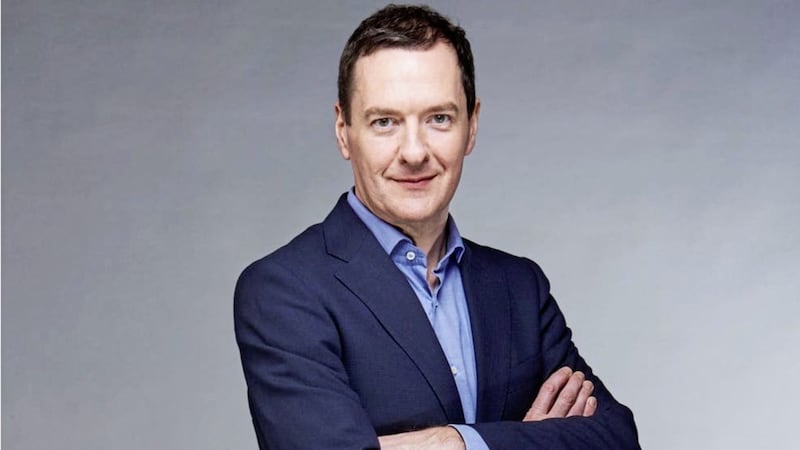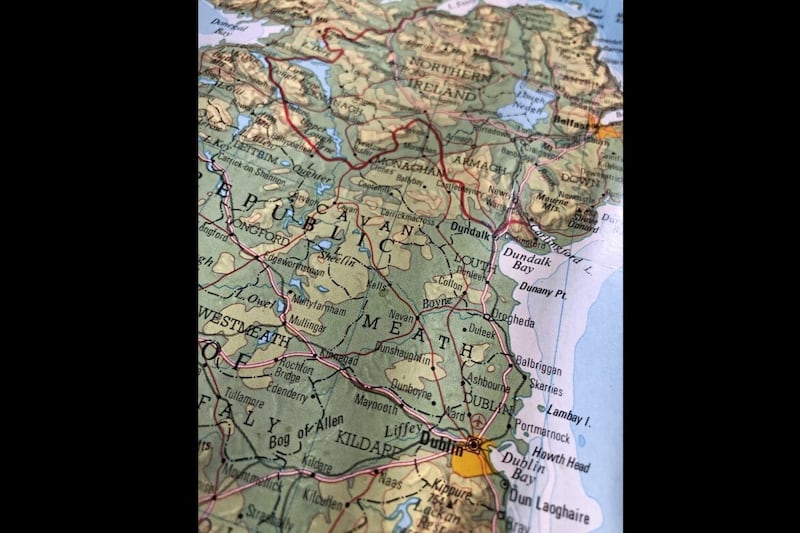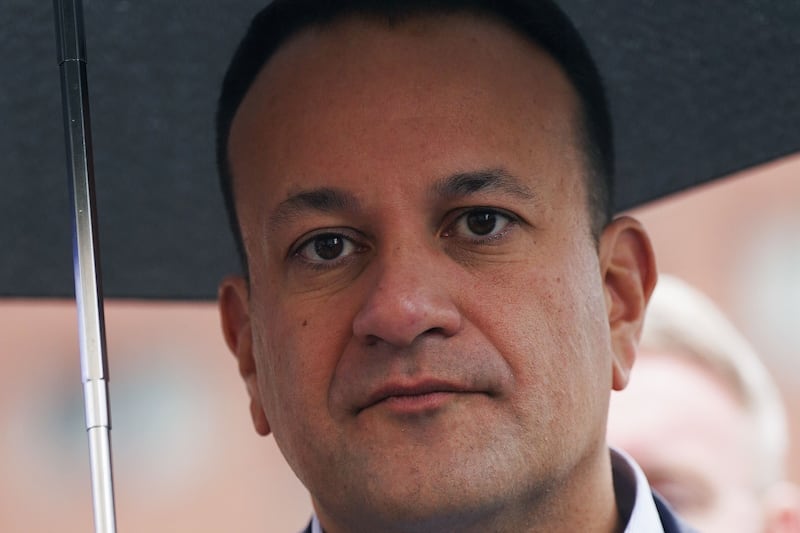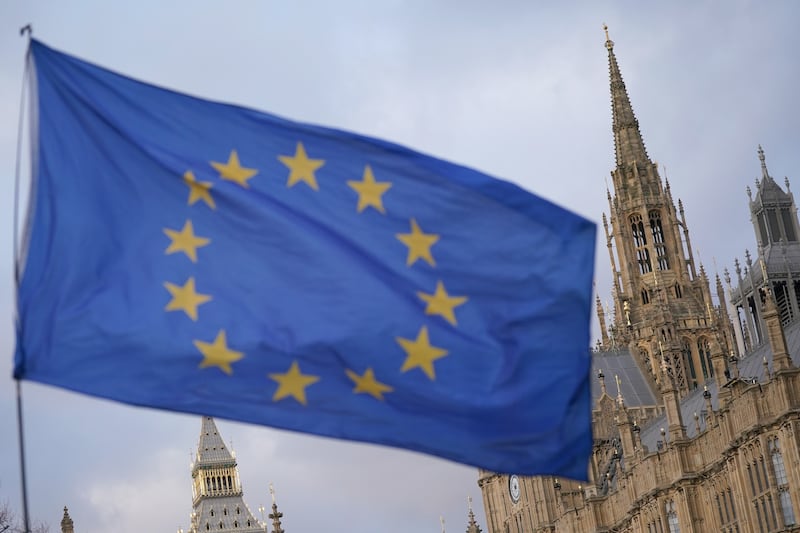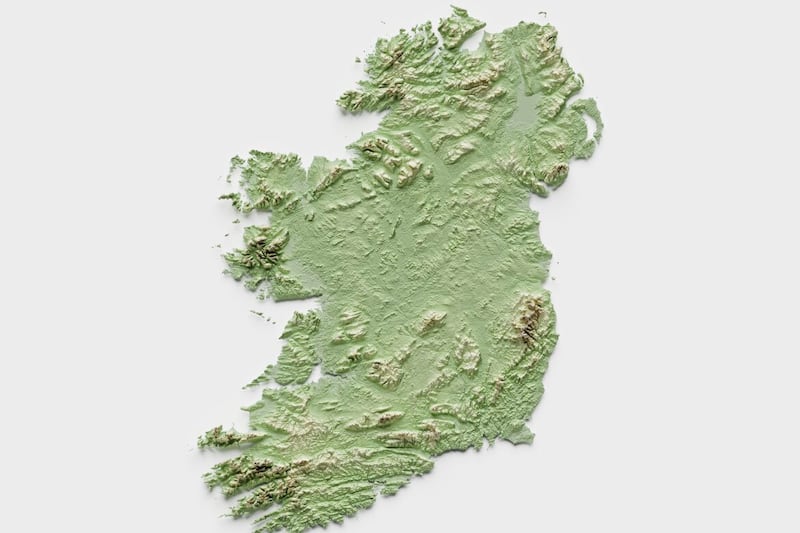A Tory peer has said former chancellor George Osborne was right to highlight the "strains that the Brexit process has placed on our union" but rejected claims that Northern Ireland is "heading for the exit door".
The now editor-in-chief of the London Evening Standard blamed Brexit and "English nationalism" for prompting the predicted constitutional change and said that most people in England “will not care”.
Notably, he voiced greater concern about Scotland's potential departure from the union and urged British Prime Minister Boris Johnson not to accede to growing calls for a second independence referendum.
Mr Osborne's comments were made in a column he writes for the Evening Standard.
For a former leading figure in the Conservative and Unionist Party to suggest that the 100-year partition of Ireland is all but over is being seen as hugely significant.
In blaming his former eurosceptic colleagues and northern unionists for precipitating this situation, Mr Osborne also echoes many of the warnings from pro-European unionists both before and since the 2016 referendum.
His acknowledgement of the fluid constitutional situation is expected to intensify calls for the Dublin government think more urgently about the looming possibility of a border poll and Irish unity.
“By remaining in the EU single market, it [Northern Ireland] is for all economic intents and purposes now slowly becoming part of a united Ireland," he wrote on Tuesday.
"Its prosperity now depends on its relationship with Dublin (and Brussels), not London. The politics will follow."
Mr Osborne said unionists in Northern Ireland had always feared Britain was "not sufficiently committed to their cause".
“Now their short-sighted support for Brexit (and unbelievably stupid decision to torpedo Theresa May’s deal that avoided separate Irish arrangements) has made those fears a reality. It pains me to report that most here and abroad will not care.”
Former Northern Ireland Office special adviser and Tory peer Lord Jonathan Caine said Mr Osborne was right to highlight the "strains that the Brexit process has placed on our union" and that this was a matter the British government needed to address.
"But he is entirely wrong to suggest that Northern Ireland is already half way out of the door – whatever one's view of Brexit and the protocol, Northern Ireland remains, under the provisions of the Act of Union and the consent principle in the Belfast Agreement, constitutionally an integral part of the UK," he said.
"That can only change if the people of NI wish it, not something that I expect to see."
Lord Caine said he regretted the former chancellor's tone and comments, which he characterised as "alarmist, sensationalist, potentially destabilising and irresponsible".
Niall Murphy of Ireland's Future said the Dublin government needed to "take heed of the fast moving and quickly evolving conversation" around Irish unity.
"Ireland’s Future has consistently called on the Irish government to plan and prepare for change and to immediately establish an all-Ireland citizens’ assembly – we also encourage those in the north who are hesitant to engage in the conversation to get involved."
He also said there was "now a clear onus" on the British government to outline its proposed criteria for a border poll.
Aontú leader Peadar Tóibín said there was a "growing united Ireland wave" in the north that wanted the Dublin government to make the necessary preparations for ending partition.
"What does it say about Fianna Fáil, Fine Gael and the Greens that the former Tory Chancellor, George Osborne can speak openly about this pivotal issue in Ireland’s future yet the Irish political establishment can't," he said.
